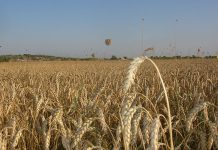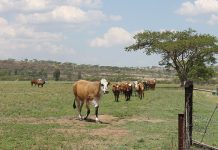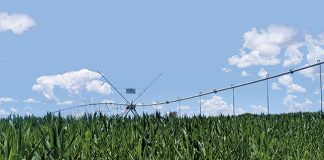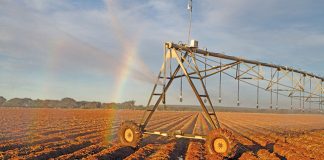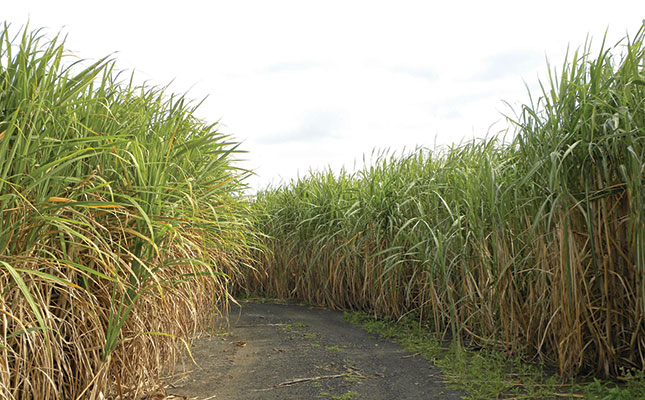
It warns that urgent interventions, including increasing the dollar-based reference price on imported sugar from US$680/t (about R9 570/t) to US$856/t (R12 050/t), is needed to remedy the situation.
BOOK TICKETS: Sugar Industry Information Day
In recent years, the profitability of primary producers and the global competitiveness of South Africa’s sugar production has been eroded by a number of issues.
The most notable challenges have been substantial increases in farmworker wages and electricity costs, drought, the implementation of the sugar tax, slow adoption of mechanisation, ineffective implementation and management of price protection measures to provide a buffer against cheap sugar imports, and government’s lukewarm to stone-cold sentiment towards supporting the establishment of a local biofuels industry.
This crisis poses an important question, namely whether we should not just step aside and let the free market system do what it is destined to do.
Related to this, consumers might ask what the merits are of supporting an industry that is struggling to compete with its global counterparts, if this would mean that the price of sugar will also have to increase due to the suspension of cheap sugar imports.
READ Smarter ways to irrigate sugar cane
Subscribing to the free market system, which South Africa embraced after deregulation, means that farmers are now exposed to global market dynamics that drive the prices of agricultural products.
If all things were really equal, we could stand back and let the market correct itself, letting South African sugar producers navigate the upswings and downturns of the international sugar market on their own.
But even in the free market, things are not always as equal as they should be, and that is why the World Trade Organization allows countries to implement price protection measures.
It seems highly unlikely that relief will come from a dramatic increase in world sugar prices.
The latest outlook on sugar published by Rabobank shows that although the outlook has improved somewhat for the year, due to fears that adverse weather conditions could reduce the harvest in India and Brazil, two of the main sugar-producing countries, any increase in world prices will not be sufficient to address the shortfall faced by South African farmers.
READ Brazil gives GM sugarcane a go
So why not just import the cheap sugar and convert all sugar plantations in South Africa to other, more competitive and profitable crops? Because there is security in self-reliance.
And at a time when the global food system is facing increasing risk due the effects of climate change, having a secure domestic supply of important food crops will only become more important.
David Harary, the board chair of the US-based Center for Development and Strategy, explains it well in an article published on the blog newsecuritybeat.org.
“Failures in the global food system can precipitate mass social unrest, political strife, and at times, conflict when the price of food reaches a tipping point. If African nations continue to rely on basic goods from faraway countries, the effects of climate change will be multiplied through supply chains as those goods grow more scarce.”


